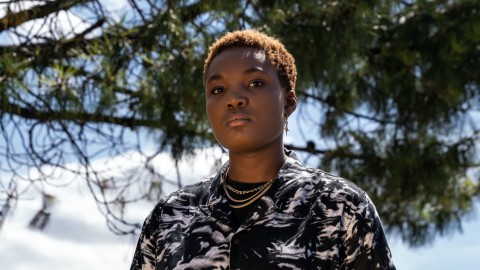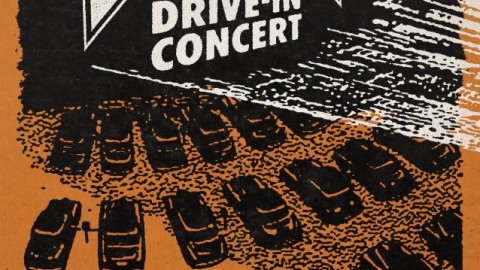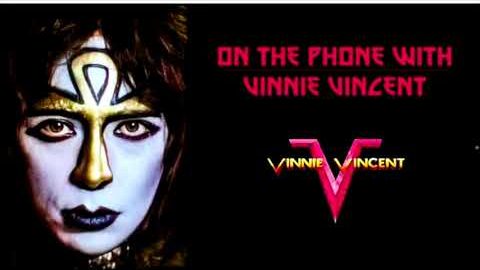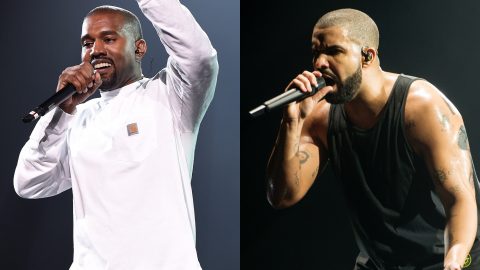
Back in March, Lana Lubany’s mum went viral. In a video posted to TikTok, the UK-based, Palestinian-American artist was seen playing her mum ‘THE SNAKE’, the first track Lubany had ever sung in both Arabic and English. As the brooding alt-pop track played out in the clip, her delighted mum declared: “Finally! You see? It’s on a whole other level.”
Lubany’s fans seem to agree: ‘THE SNAKE’ has since racked up nearly seven million Spotify streams, while hundreds of TikTok videos have been soundtracked by the tune. The single’s success – and that of its July follow-up, the sweltering ‘SOLD’ – has only enhanced the buzz around Lubany further. Although still an independent artist, Lubany is now being managed by Beatnik Creative (home to Arlo Parks and Miso Extra) and building a solid community of fans. Guess a mother really does know best.
Growing up in Palestine, Lubany was always surrounded by music. Writing songs from the age of 11, she was also a member of a peace choir which saw her perform for politicians, including former US President Barack Obama. In 2017, she moved to the UK to study music at university, before later settling in London. “I feel like there’s a future for a person like me,” she explains of being in the capital. “There’s not many places that feel like there’s a future for a musician, unless you want to be broke or whatever the stereotype is”.
Despite releasing music for several years, Lubany describes ‘THE SNAKE’ as the “first real song that represents me”. Along with ‘SOLD’, the success of the tune has solidified Lubany’s creative vision: flitting between Arabic and English and inspired by the likes of Billie Eilish and Rosalía, the tracks provide an exciting glimpse of what’s to come on her forthcoming debut project ‘The Holy Land’.
Taking a well-earned break to speak to NME in a cosy central London café, Lubany talks us through her rollercoaster last six months, the importance of having a creative vision, and what her mum thinks of being a viral sensation.
NME: It’s been a pretty wild six months for you…
“Yeah, definitely! My life pretty much changed when I released ‘THE SNAKE’ back in February, and it went viral a month later. It was a surreal experience. I’ve gone viral in the past, but it wasn’t like this. This translated: it got interest from the industry, it got me actual fans, it was crazy, and I’m very grateful.”
How is your mum finding being a social media sensation?
“She loves it! [laughs] There’s an ongoing competition between my parents: I posted a video with my dad as well, and they’re [both] like, ‘I got the most views!’. [Mum] loves it though, and she will take the credit for the viral video… but as a joke, she’s very supportive.”

Does it mean more to you that a song which showcases your heritage was the one that took off?
“Totally. I actually never wanted to sing in Arabic initially, but when I tried it on ‘THE SNAKE’ it just felt different, like it was of a higher quality and [it made] my work better. I think I’ve got better [at singing in Arabic] because of practice, but it also was something I hadn’t heard before. I think that’s the reason I never wanted to do it [in my music]: I didn’t have a reference [point] out there to be like, ‘Oh, I want to be like this person’.
“So when I decided to take matters into my own hands and just do the thing that I’d actually listen to, I started getting different reactions from people, including myself – I felt something when I listened to the music. I’m definitely really grateful that it’s taken this long, and the first song to make an impact is something that represents both sides of me.”
Why did you decide to follow up ‘THE SNAKE’ with ‘SOLD’?
“Something about ‘SOLD’ felt right – it felt different and like the perfect follow-up. I’m working on a project called ‘The Holy Land’, and I’ve divided it into phases: ‘SOLD’ fit perfectly into ‘Phase 2’. It was different enough that it wasn’t a recreation of ‘THE SNAKE’. That’s something I don’t want to do: I don’t want to have a hit song and then recreate it, because that’s where I feel some artists go wrong. Where’s the magic in [doing] that?”
There’s a strong creative vision behind your work. Have you always felt comfortable enough to say “we’re doing it this way”, or have there been times when you felt pushed to do certain things?
“Early on in my career I was working with somebody who’d get people to write songs for me, and he would gloss over the fact that I wanted to write my own music. I was young at the time and I didn’t really understand, so it was uncomfortable. I didn’t understand how the industry worked: I was like, ‘OK, that’s what pop stars do, they have songs written for them’. There’s nothing wrong with that, but it felt wrong to me as I’ve always known that I want to write my own songs and I want to create my own art, and I really like to be involved in every aspect. I want to be a songwriter as well as an artist. So that led me down the wrong path, because I kept on meeting the wrong people and I wasn’t listening to myself. So music was definitely uncomfortable for me for a few years, but I love it again now.”
“I don’t want to have a hit song and then recreate it – where’s the magic in that?”
Have you found it difficult to establish yourself as an artist alongside having this massive viral success?
“Of course there’s extra pressure with going viral, but I’ve gone viral in the past so I knew what it was [like]. Going viral can be detrimental to your mental health, but this time it wasn’t: it was just a lot of stress. I got a lot of emails and messages, and I wanted to respond to everyone. But [going viral for the first time] also put pressure on me in terms of the sound [of my music], and I did change my sound. I dropped a song [I had written] in order to pursue this new path sonically, and I’m so happy I did. I took the positives, and I amplified that and went down a good route. But I could have easily been overwhelmed and started writing songs just for TikTok, and lost my spark and my creative vision.”
When ‘THE SNAKE’ started blowing up, were record labels getting in touch with you?
“I had so many meetings the week after it went viral, [they went on] for a month. [It] was so draining, but it was a great learning experience. I expanded my networks, I met people and I started understanding the industry a little bit more, because it’s a really tough industry to understand. So the door [was] opened for me and I had a foot in the door, I was so happy.”
Has your TikTok success changed your ambitions for the future at all?
“I definitely feel like I have more power because of my TikTok success. Before that, I think I was one of those artists that wanted to be saved, in a way… Not to be saved, but for someone to find me and develop me. But TikTok success has given me independence. That’s not to say I’ll stay independent as an artist forever, but it’s given me the freedom to build myself with an audience watching – and I think that’s one of the most valuable things an artist can have these days.”
The post Lana Lubany: pop rulebreaker whose bilingual anthems are taking TikTok by storm appeared first on NME.










